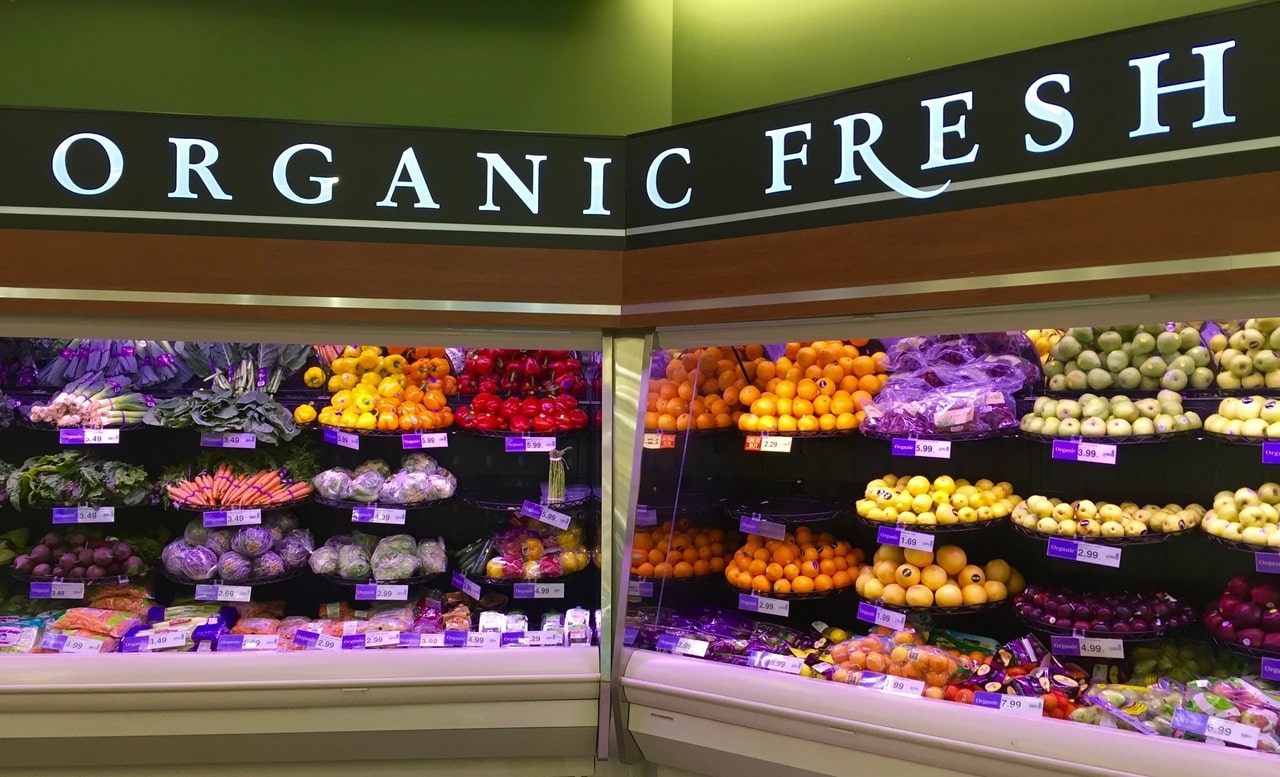In a world where sustainability and health consciousness are becoming increasingly important, organic dining has emerged as a beacon of hope for those seeking both nutritious and environmentally friendly options. From quaint local bistros to high-end restaurants, the trend of organic dining is spreading rapidly, offering patrons a chance to indulge in delicious meals while supporting sustainable practices. Let’s navigate the world of organic dining and discover what makes it such a compelling choice for food enthusiasts and eco-conscious consumers alike.
What is Organic Dining? At its core, organic dining revolves around the use of organic ingredients that are grown and produced without synthetic pesticides, fertilizers, or genetically modified organisms (GMOs). These ingredients are sourced from local farms that prioritize sustainable farming practices, which promote soil health, biodiversity, and animal welfare. By opting for organic dining establishments, consumers not only enjoy fresher and more flavorful meals but also support farmers who are dedicated to preserving the environment and promoting healthier food systems.
The Benefits of Organic Dining One of the primary benefits of organic dining is the assurance of higher-quality ingredients. Organic fruits, vegetables, meats, and dairy products are free from harmful chemicals and additives, offering a cleaner and more nutrient-rich alternative to conventionally grown produce. Additionally, organic farming practices promote soil fertility and water conservation, reducing the environmental impact of food production and preserving natural ecosystems. By choosing organic dining options, consumers contribute to the sustainability of our planet while nourishing their bodies with wholesome and ethically sourced food.
Navigating the Menu When dining at an organic restaurant, navigating the menu can be an exciting journey filled with unique flavor combinations and innovative culinary creations. From vibrant salads featuring locally grown greens to hearty entrées showcasing sustainably sourced proteins, organic menus are often a testament to the creativity and craftsmanship of talented chefs. Many organic restaurants also offer seasonal specials that highlight the freshest ingredients available, allowing diners to experience the diverse flavors of each time of year.
Supporting Sustainable Practices Beyond the culinary experience, organic dining is about supporting sustainable practices that benefit both people and the planet. By patronizing organic restaurants, consumers send a powerful message to the food industry about the importance of ethical sourcing, environmental stewardship, and community engagement. Additionally, many organic dining establishments participate in initiatives such as food waste reduction, composting, and renewable energy usage, further reinforcing their commitment to sustainability.
Embracing a Greener Future As the demand for organic dining continues to grow, so too does the opportunity to shape a greener and more sustainable future for the food industry. Whether it’s enjoying a leisurely brunch at a local café or savoring a multi-course dinner at a renowned organic restaurant, every dining experience presents an opportunity to make a positive impact on the planet. By choosing green cuisine, we not only nourish our bodies but also contribute to the preservation of our environment for generations to come.
In conclusion, organic dining offers a delectable journey into a world of fresh flavors, sustainable practices, and culinary innovation. By embracing organic dining options, consumers can enjoy delicious meals while supporting farmers, chefs, and communities dedicated to creating a healthier and more sustainable food system. So the next time you dine out, consider choosing green cuisine and join the movement towards a more sustainable future, one meal at a time.


Leave a Reply